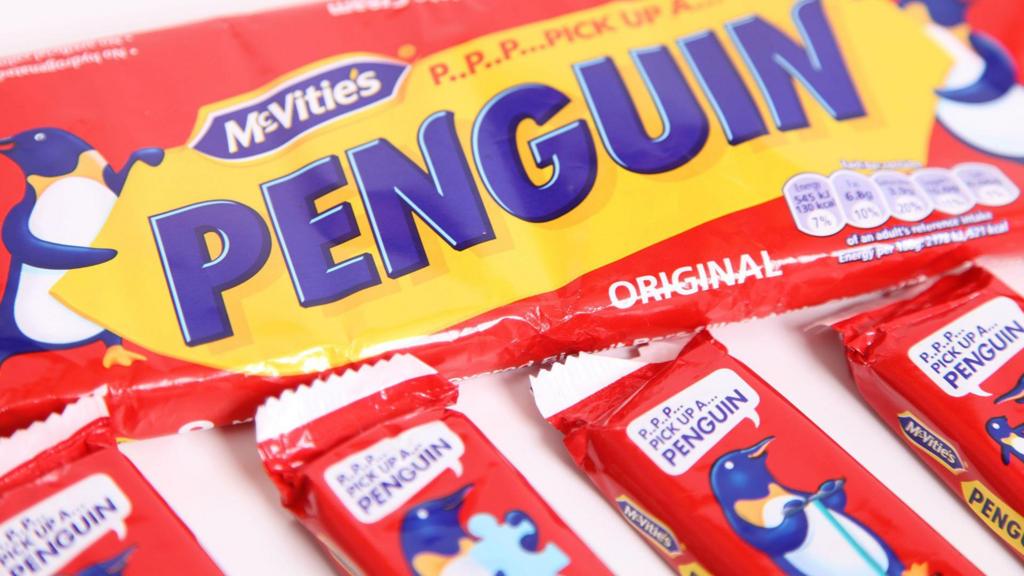Rising cocoa prices have prompted McVitie’s to reclassify its Penguin and Club bars, now designating them as “chocolate flavour” due to ingredient adjustments.
The change comes after owner Pladis sought more cost-effective alternatives to cocoa, the core ingredient in chocolate. Previously, Club bars were recognized by their slogan: “If you like a lot of chocolate on your biscuit, join our club”.
Sourcing cocoa beans from West Africa, the UK has faced challenges due to adverse weather conditions, including severe droughts in key cocoa-producing nations such as Ivory Coast and Ghana, leading to constrained supplies and elevated prices.
The alteration in the bars’ composition was initially brought to light by The Grocer, a trade publication.
A Pladis representative stated: “We implemented certain modifications to McVitie’s Penguin and Club earlier this year, transitioning to a chocolate flavour coating incorporating cocoa mass, as opposed to a traditional chocolate coating.”
“Consumer sensory evaluations indicate that the updated coatings maintain the same exceptional taste profiles as the original formulations,” the spokesperson further commented.
The company affirmed its dedication to delivering “high-quality snacks” while effectively navigating increasing costs, and emphasized that recipe adjustments are only implemented when “necessary”.
According to confectionery historian Alex Hutchinson, a growing trend among confectioners involves reducing cocoa ingredients in favour of more economical substitutes.
The cocoa bean, once processed, yields cocoa liquor, comprising equal parts cocoa solids and cocoa butter.
However, manufacturers aiming to cut costs may opt to decrease the proportion of ingredients directly sourced from the bean, substituting them with alternatives like palm oil or shea butter.
UK regulations stipulate that milk chocolate must contain a minimum of 20% cocoa solids to be classified as such, a slightly less stringent requirement compared to EU standards, which mandate a minimum of 25%.
The move by Pladis, known for owning popular brands like McVities, Godiva, Go Ahead, and Jacobs, signifies a reduction in cocoa-bean derived ingredients to below 20% in the “chocolate” coating used for Club and Penguin bars.
Despite recent marginal declines, cocoa commodity prices experienced a significant surge over the past three years, leading to costlier Easter eggs and narrowed profit margins for some chocolate retailers.
“Throughout my career, cocoa prices have hovered around $3,500 (£2,607) dollars per tonne, but last year they skyrocketed to $11,500 (£8,567) per tonne,” Ms. Hutchinson noted.
“Chocolate is more expensive than ever before,” she added.
Former employees of Beech’s Fine Chocolates recall their experiences on the factory floor following its closure.
The family-owned enterprise cited a substantial increase in cocoa prices as the primary reason for its closure.
A former worker has preserved 12 boxed Chocolate Oranges since the factory’s closure 20 years ago.
Yorkshire chocolatiers are reportedly reducing the quantity of chocolate in their products and increasing prices.
Experts suggest that the key to perfect chocolate lies not only in the beans but also in the microorganisms involved.

